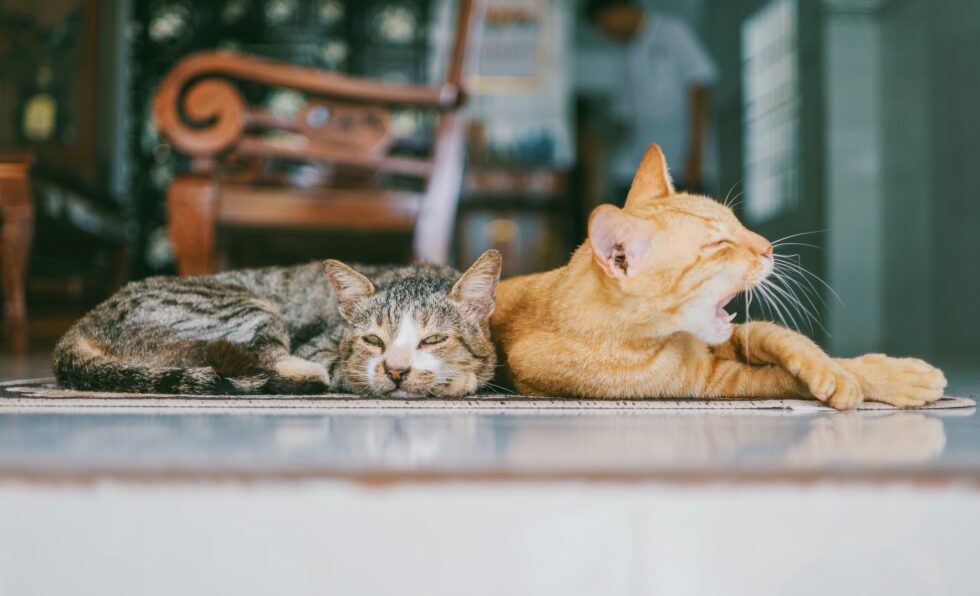What to Expect After Your Pet Gets Spayed or Neutered

It can be a bit scary for you as a pet owner if your cat or dog is about to go under the knife.
Knowing what to expect after spaying or neutering can help set your mind at ease. Spaying and neutering are extremely common procedures that prevent unplanned pet pregnancies. The caring vets at Animal Care Center of Castle Pines will help you and your pet gets through the surgery safely and successfully.
What Are Spaying and Neutering?
Spaying is the surgical removal of the ovaries and uterus in female cats and dogs. Neutering is the surgical removal of the testicles in male cats and dogs. Beyond preventing pregnancies in cats and dogs, removing a pet's reproductive organs can aid in correcting behavioral problems, reducing risk for medical conditions, and more.
These procedures are very common, but staying on top of post-op care after your pet is spayed or neutered is very important. By providing your pet with top-notch post-op care, you'll be able to promote recovery and prevent any potential complications such as pain, bleeding, infection, or other emergencies. By understanding what to expect following your pet's spay or neuter surgery and providing them with proper aftercare, you'll be able to ensure the smoothest recovery possible.
What to Expect after Spaying or Neutering
After surgery, your pet will likely be sleepy or groggy, because spaying or neutering is a major procedure that requires anesthesia. We'll make sure that your pet is responsive and alert with appropriate normal mentation before we send them home with you.
We will also prescribe post-op medications as needed to help your pet manage pain after the surgery. Be sure to follow the directions on the prescription label correctly, and never use human pain medications on your pet, as this can result in severe complications, health issues, and even medical emergencies.
When you arrive home, limit your pet's food and water intake to avoid any anesthesia-related issues. After a few hours, it's all right to offer them water, and a small portion of their regular food a little while later. By offering small amounts of food and water, you'll be able to ensure that they can eat and drink normally after anesthesia.
While they are healing from a spay or neuter surgery, you should restrict nearly all activity for your pet beyond laying down and walking around the house. Running, jumping, and playing can put your pet at risk for post-op complications such as bleeding, pain, torn sutures, and more. Post-op activity restrictions should last 10-14 days, or as long as your veterinarian recommends.
Your pet might have to wear a "cone" collar for a while to prevent them from licking, chewing, or scratching their surgical area while it heals.
Monitor your pet's surgical site as it heals. The surgical sites in most pets heal within 10-14 days. Check the area daily for any signs of infection, such as swelling, color changes, bleeding, or discharge. If the wound is not healing properly, call us right away!
Your pet should not be bathed or allowed to swim until their skin incision has fully healed, in order to prevent post-op infections.
Veterinarian in Castle Pines, Colorado
If your pet needs a spay or neuter procedure, you've come to the right place. The expert veterinarians at Animal Care Center of Castle Pines want the best for you and your pet, and we'll take great care of your fur baby. For any questions or concerns about what to expect after spaying or neutering or about the procedure itself, give us a call today.

